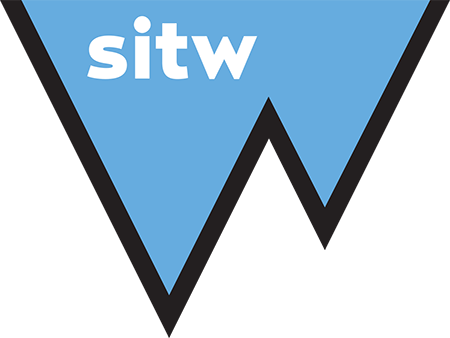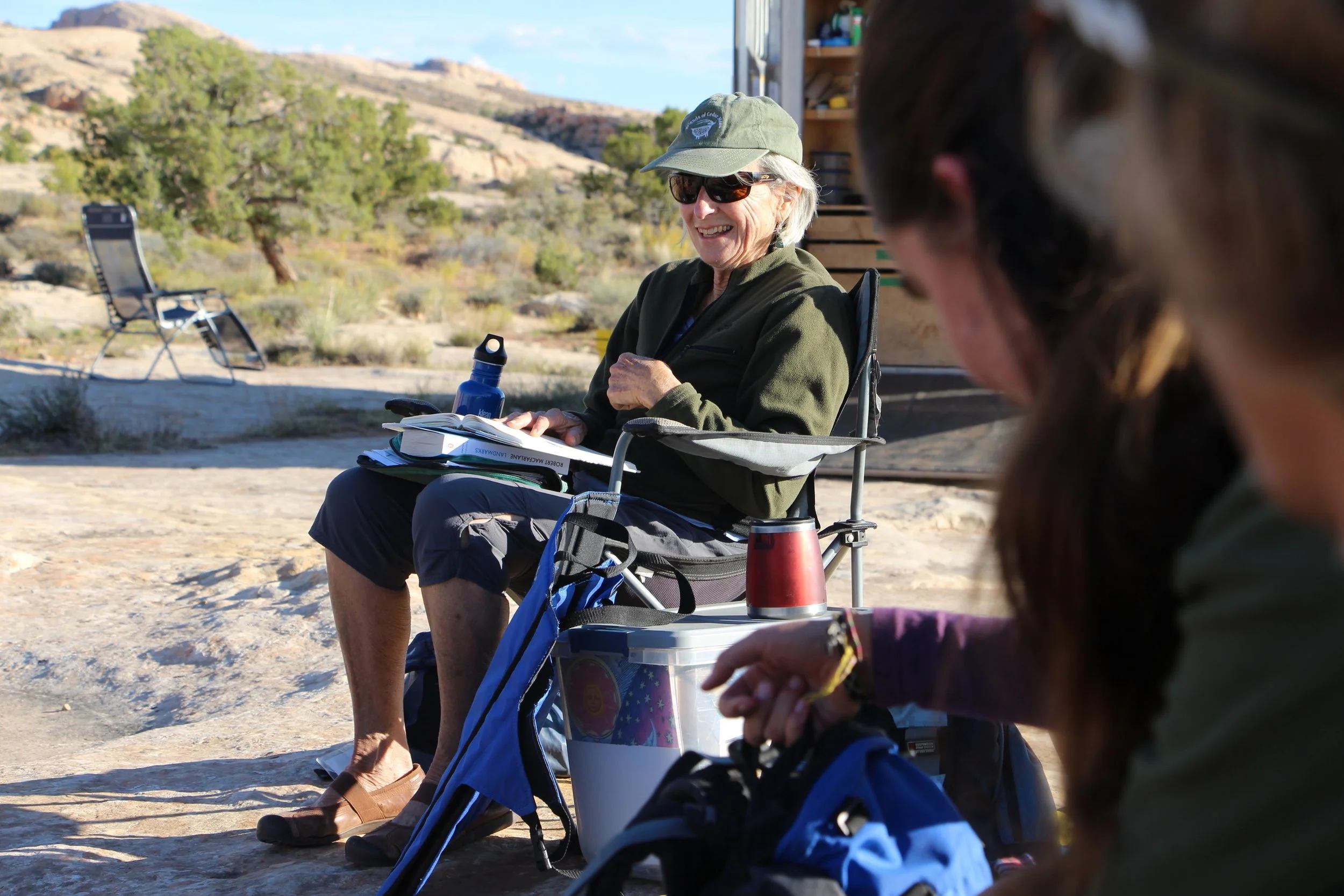Jon Christensen
Environmental Historian (UCLA), Journalist
Sand to Snow National Monument, CA
11/12/2021
As a long-time journalist covering the West, Jon Christensen has long reported on and taught about the West’s most archetypal quality: conflict. Whether it’s early settler conflicts, public lands extremism, the rural-urban divide, water wars, or recent megafires, the West has long appeared in media as the American region of crisis.
To challenge the historical conflict-mythos, Jon strives to forefront stories that upend it. To provide the Westies with an example, Jon played his feature-length documentary “Politics and the Environment of the New West,” a depiction of former Nevada Senator Harry Reid’s career. Harry Reid legislated numerous, often collaborative conservation decisions in Nevada, satisfying many, but not all, ranchers, hunters, environmentalists, farmers, and corporations. Portraying Senator Reid as a champion of grassroots representation and bipartisanship, Jon highlighted a rarely heard-of occurrence in today’s politically polarizing climate. He then encouraged Westies to do the same: dig into their collection of field experiences and help create a new, inspiring narrative of the West.
By Fielding Schaefer



